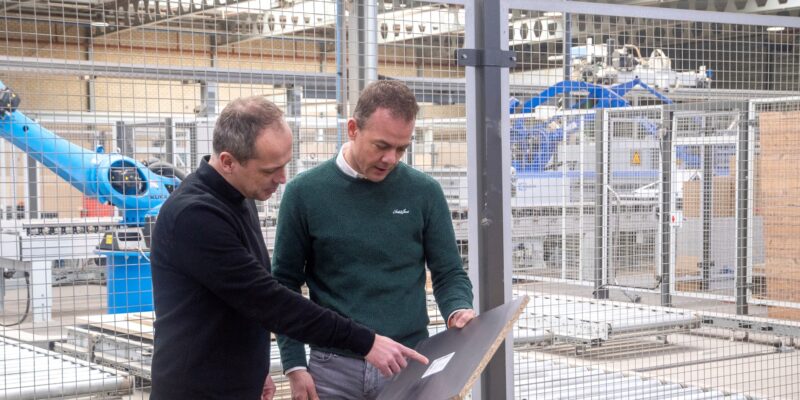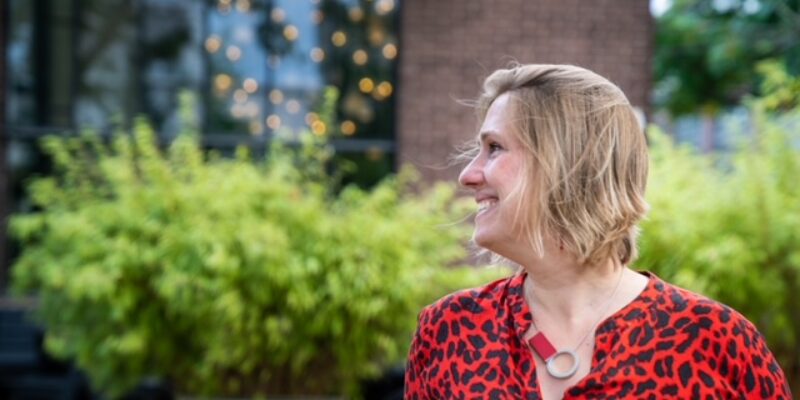CityLoops: Seven European Cities advancing towards circular practices
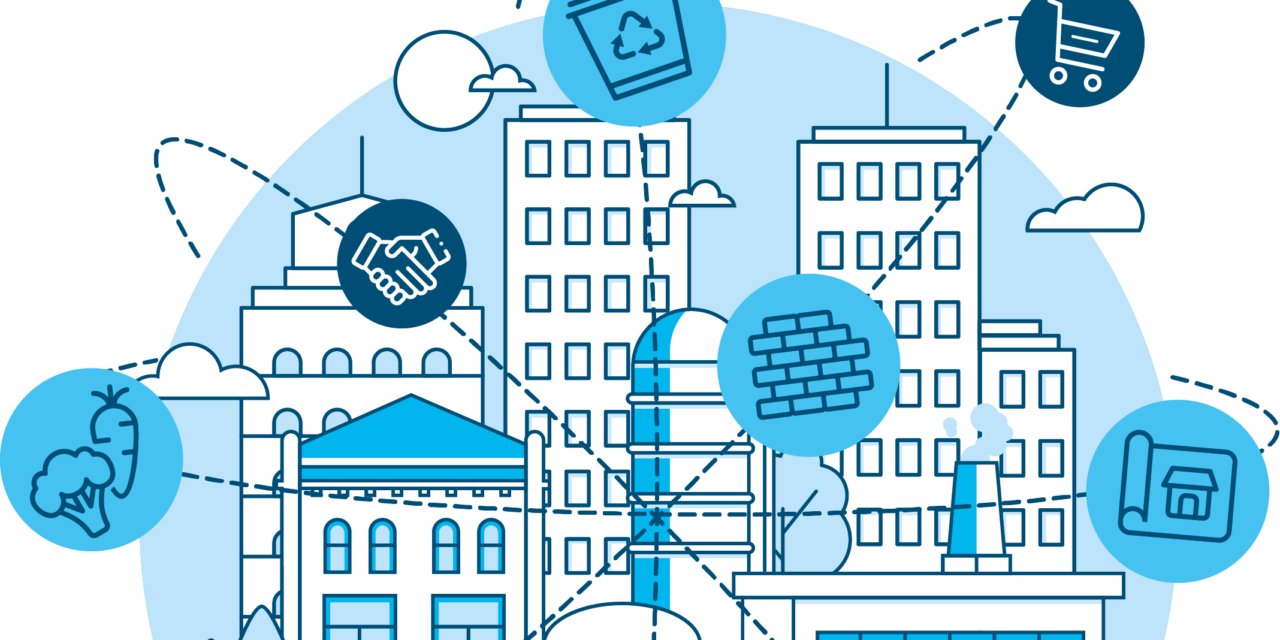
In recent years, the CityLoops, funded under Horizon 2020, has supported seven medium-sized cities in Europe as they transition towards a circular economy. The participating cities include Høje-Taastrup and Roskilde (Denmark), Mikkeli (Finland), Apeldoorn (Netherlands), Bodø (Norway), Porto (Portugal) and Seville (Spain). This large-scale initiative focused on transforming construction and demolition waste, as well as organic waste. As part of the EU-funded programme with 28 partners, Rijkswaterstaat played a major role in promoting circular procurement within this pioneering project. Monica Sanchez Groeneweg, Emile Bruls and Mervyn Jones were the driving forces behind this project from within Rijkswaterstaat. We look back at the project with Monica.
What was the role of Rijkswaterstaat?
The heart of CityLoops lies in creating value from what was previously considered waste. The focus was on various waste streams, with the ambition to preserve and reuse them instead of simply throwing them away. Rijkswaterstaat shared knowledge and expertise in Circular Procurement. We provided in-depth insight into the transition these cities are planning to undergo. CityLoops not only experimented with solutions, but also turned its knowledge and experience into tools and products that procurement professionals can immediately use, such as the Handbook for Procurement Professionals and the Circular Procurement Toolkit.
Can you highlight some examples of pilot projects?
The pilots within CityLoops were diverse, with a focus on testing tools such as the realisation of a 3D tool for monitoring and (urban) planning, and the creation of a digital marketplace with a focus on three development phases: the preparation, execution and embedding. A pilot project included several facets, from reusing materials from an abandoned military base in Bodø, Norway, to exploring opportunities to turn organic waste, such as pruning waste in Apeldoorn, into new products, like paper.
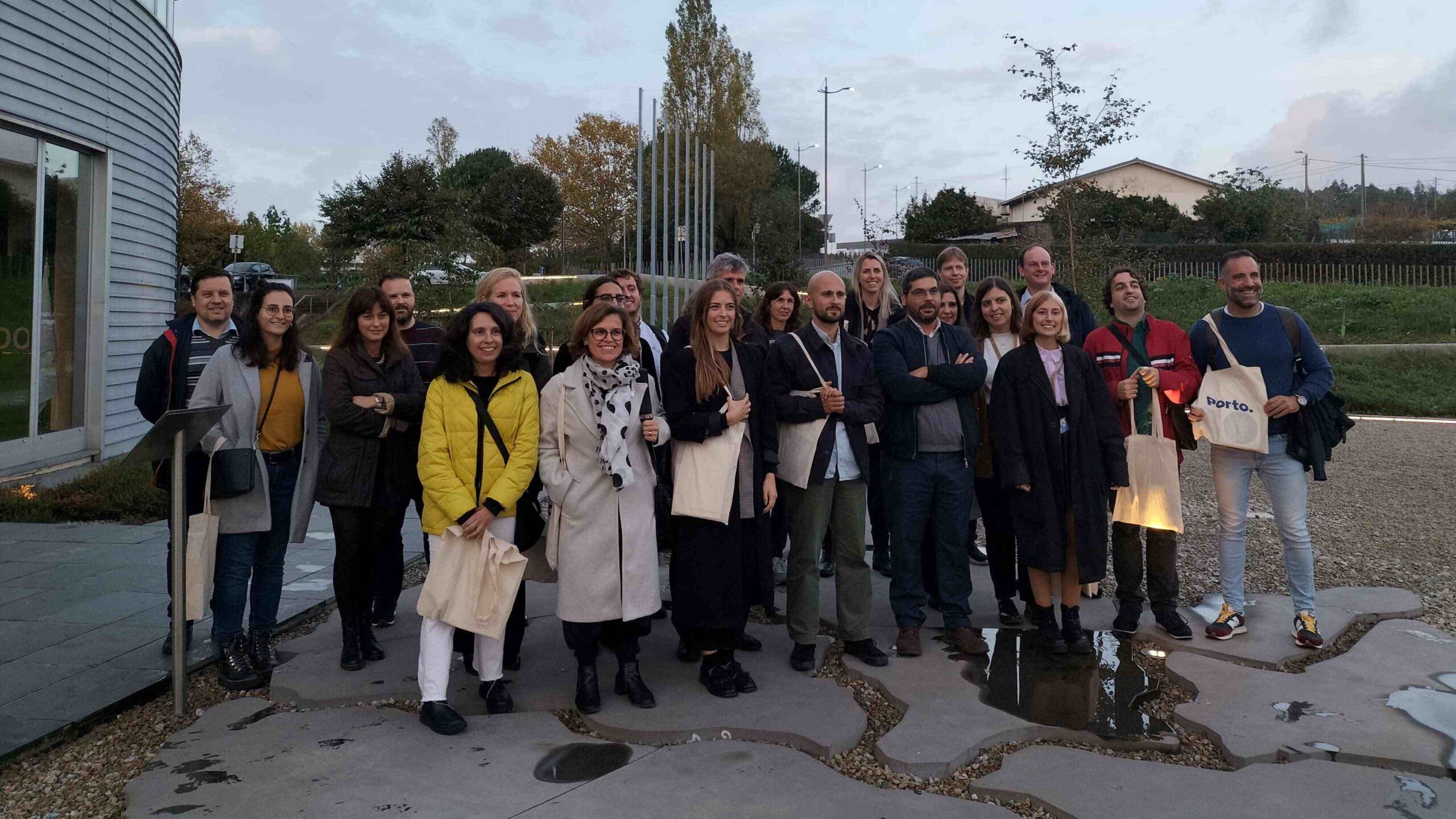
What was the biggest challenge in your view?
One of the biggest challenges was in implementing circular procurement practices in organic waste, where the diverse nature of it, such as reducing organic waste, redistributing surplus food, and preventing it from becoming waste, made it a complex issue involving various disciplines. Repurposing construction and demolition waste are clearer areas for circular procurement, while the role of procurement and its impact on organic waste is far more complex and needs a multifaceted approach. Getting sustainability and circularity high on the agenda among smaller municipalities also proved challenging. They face limited budgets and other priorities.
What successes did you celebrate?
CityLoops’ success story is well visible in cities like Bodø, Norway, where circular procurement was embraced at strategic level and became part of their policy.
It was incredibly beautiful to see how, thanks to our support, cities developed new procurement frameworks that contributed to sustainable strategies. We can be proud of that.
All this not only contributed to the transition of waste management, but also showed that even in the most complex systems, small steps by motivated individuals can have a lasting impact.
Can you share the key lessons you have learned?
The journey to the circular economy is an ongoing process. It is not about how to solve these immense challenges in little time, but also about sharing knowledge and celebrating small steps forward. Sometimes you need to look back at the path you walked, to realise that you have already made great steps. Integrating circular procurement into the cities’ broader organisational strategies was the focus. We also learned that there’s a huge diversity in organisational culture, when you look at the cities. The working culture in southern Europe is so different compared to Scandinavia. Meaning again that each city is different and walks its own path to becoming a circular city.
So how does it move forward?
With CityLoops as a catalyst, the knowledge gained has been documented and compiled in handbooks and web applications, so that other cities can easily use the lessons learned and expertise. City metabolism, as one of the legacies of the project, with each city analysing its overall impact to close resource cycles, taking steps towards a circular future.
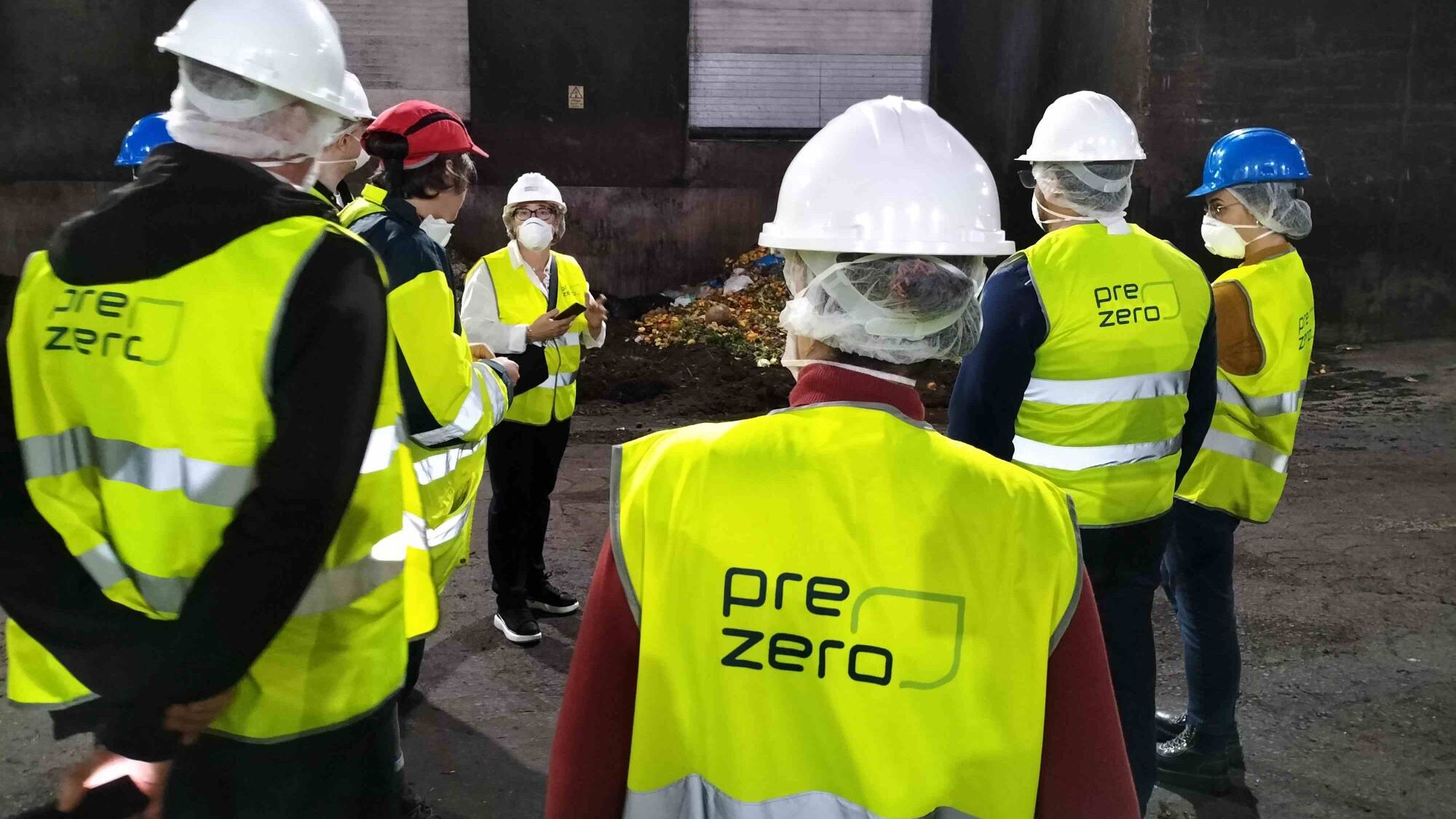
Handbook for procurement professionals
CityLoops has developed a handbook and toolkit to inspire and guide procurement professionals, local and regional authorities, policymakers and private entities in the transition to a circular economy. The handbook provides practical tools and guidance for implementing circular procurement practices and promoting sustainable projects. Read more about the project on the CityLoops website.

